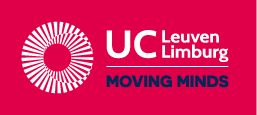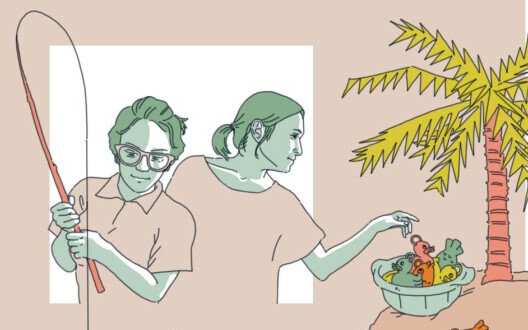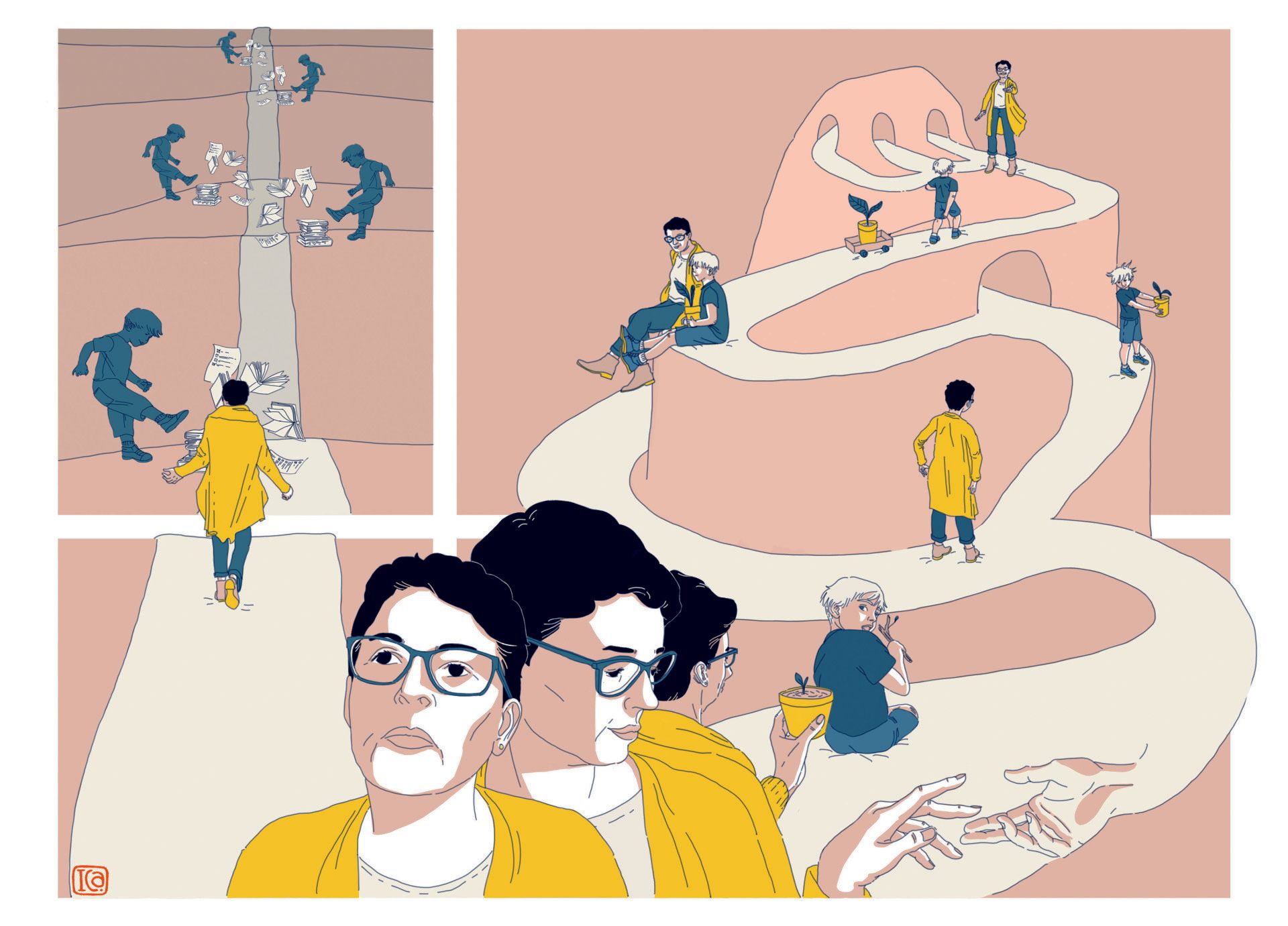The project
'Ask your hands to know the things they hold'
Teacher Talk - in words and images
When I Heard the Learn’d Astronomer
'When I heard the learn’d astronomer,
When the proofs, the figures, were ranged in columns before me,
When I was shown the charts and diagrams, to add, divide, and measure them,
When I sitting heard the astronomer where he lectured with much applause in the lecture-room,
How soon unaccountable I became tired and sick,
Till rising and gliding out I wander’d off by myself,
In the mystical moist night-air, and from time to time,
Look’d up in perfect silence at the stars.'
- Walt Whitman (1867)
(Official translation) We live in a world that is dominated by the language of science and objective rationality. Today, in our reaction to the worldwide pandemic, this becomes even more manifest. The contemporary discourse about education as described by Gert Biesta (2012) and Roger Standaert (2014) fits seamlessly into the language used during this crisis. Increasingly, this discourse is fixed on the ideas of measurability and evidence-based expertise. Much emphasis goes to measuring learning gain, subsequently evaluating the used educational strategies and adjusting them if need be. International ranking based on PISA-statistics is the icing on the cake. Biesta speaks about ‘educational empiricism’ and the upcoming of ‘the age of measurement’ since the end of the twentieth century. Standaert mentions ‘the upcoming of technocratic thinking’, ‘the calculated school’ and ‘the measuring cult’. Along with this emphasis on measurability and efficiency a technological model of professional behaviour arises, and a language to talk about education which predominantly uses words like ‘educational efficiency’, ‘control’, ‘learning gains, ‘input-output’, ‘human capital’ and ‘performativity’.
The way in which this educational language refers to the profession of the teacher resonates strongly with the prevailing image of what it means to be a human being nowadays, namely to be the competent manager of one’s own life and happiness: someone who knows what one wants, who one would like to be, shaping one’s own identity, who is able to efficiently reach predetermined goals, and for whom the world appears as something that can be grasped and understood.
Both Biesta (2012) and Standaert (2014) point out that there are limits to this educational ‘empiricism’ and ‘technocratic thinking’. The question is not whether this is an erratic way of speaking about education. After all, this would mean claiming that you don’t have to take numbers into account when it comes to education, that educational strategies should not be based on scientific research, that we should not ponder about more efficient ways to stimulate reading skills. The question is rather, is it the only way to talk about it? Do these words capture the essence of what education is all about? What remains unsighted and unsaid if we restrict ourselves to the diet of this dominant discourse?
Within pedagogical thinking itself, voices arise challenging this way of speaking about education. Not only Biesta (2015;2018), with Dutch college teacher PaBO Hester Ijsseling (2020) in his wake, but also educational experts like Martha Nussbaum (2011), Geert Kelchtermans (2003/4), Maarten Simons and Jan Masschelein (2008;2012) claim that the essence – or at least a forgotten dimension - of education must be found in an entirely different kind of terms. They use words such as ‘vulnerability’, ‘mastership’, ‘pedagogical ethos’, ‘disruption’, ‘suspending judgement’, ‘attentiveness’, ‘meditation’, ‘trust’; ‘imagination’. A different image of mankind appears in their writings. Here, human beings are not experts in control, but vulnerable creatures. Pedagogical moments seem to happen upon us instead of us being able to make them happen. People and the world itself appear not so much as manageable projects but as fundamentally transcendent to us. Real connection is established in moments of interruption of our "selves” (our plans, preset goals, fixed judgments) and meditation is a way to bring harmony between what we say and do as teachers. The language they use seems to bear more likeliness to poetry and religion than to that of so-called objective science.
It triggers us to explore what happens when we use entirely other languages to talk and think about education. This will be the main question in our research project at the University Colleges Leuven-Limburg. A similar question is to be recognised in the research project ‘De liefde voor het vak. Op zoek naar een pedagogie(k) van het meesterschap’ (Ardui et al., 2012a, 2012b; School of Education, 2010/12). We do not intend to do research on this matter on an academical level. In that respect, we ‘stand on the shoulders of giants’. Many have seen parallels between the communicative and hermeneutical character of arts and education. We add biblical stories to the puzzle, insofar as they have their hermeneutical character in common with works of art. Our objective is to stick close to the here and now. As such, we try to give heed to the demand of Kelchtermans and Simons for an approach that “doesn’t make an abstraction of the meaning education has for teachers and students”. We want to attain a research outcome that in an inspirational way “offers a language in which teachers may be able to recognize themselves, or in which they don’t recognize themselves but become attentive to pedagogical aspects" (Kelchtermans & Simons, 2007, p.15, own translation). We choose to listen and look attentively to the very particular, real, bodily experience of teaching of this one, unique, particular teacher. We take up the challenge: is it possible to portray a particular teacher in a work of art and at the same time evoke something meaningful about the pedagogical dimension of teaching? Is it possible that in this portrait the pedagogical language converges with that of the arts (poetry, songs, paintings) and of religion? How can artworks and biblical stories contribute to the conversation of mankind about education? Does the inclusion of the language of arts and religion enhance our pedagogical understanding and opens up new perspectives? These are fascinating questions, which today are marginal to the educational debate and therefore all the more deserving of our attention, time and again.
Suddenly we find ourselves talking about the essence of education in the words of Kae Tempest in their poem Hold your own (2019, track 7):
’Ask your hands to know the things they hold.’
A different, disruptive, refreshing and at the same time century-old perspective to think about education unfolds.
[1] J. Masschelein (ed.). (2008). The lightness of parenting: an exercise in looking, reading and thinking. Leuven: LannooCampus, p. 29: ”In the context of Greek antiquity, in which Foucault situates mastery, 'meditation' or 'asceticism' is a (lifelong, philosophical) practice in which one examines (or tests, tests) what one thinks and what one does in agreement, and in which one tries to transform oneself in such a way that there is that agreement.”






